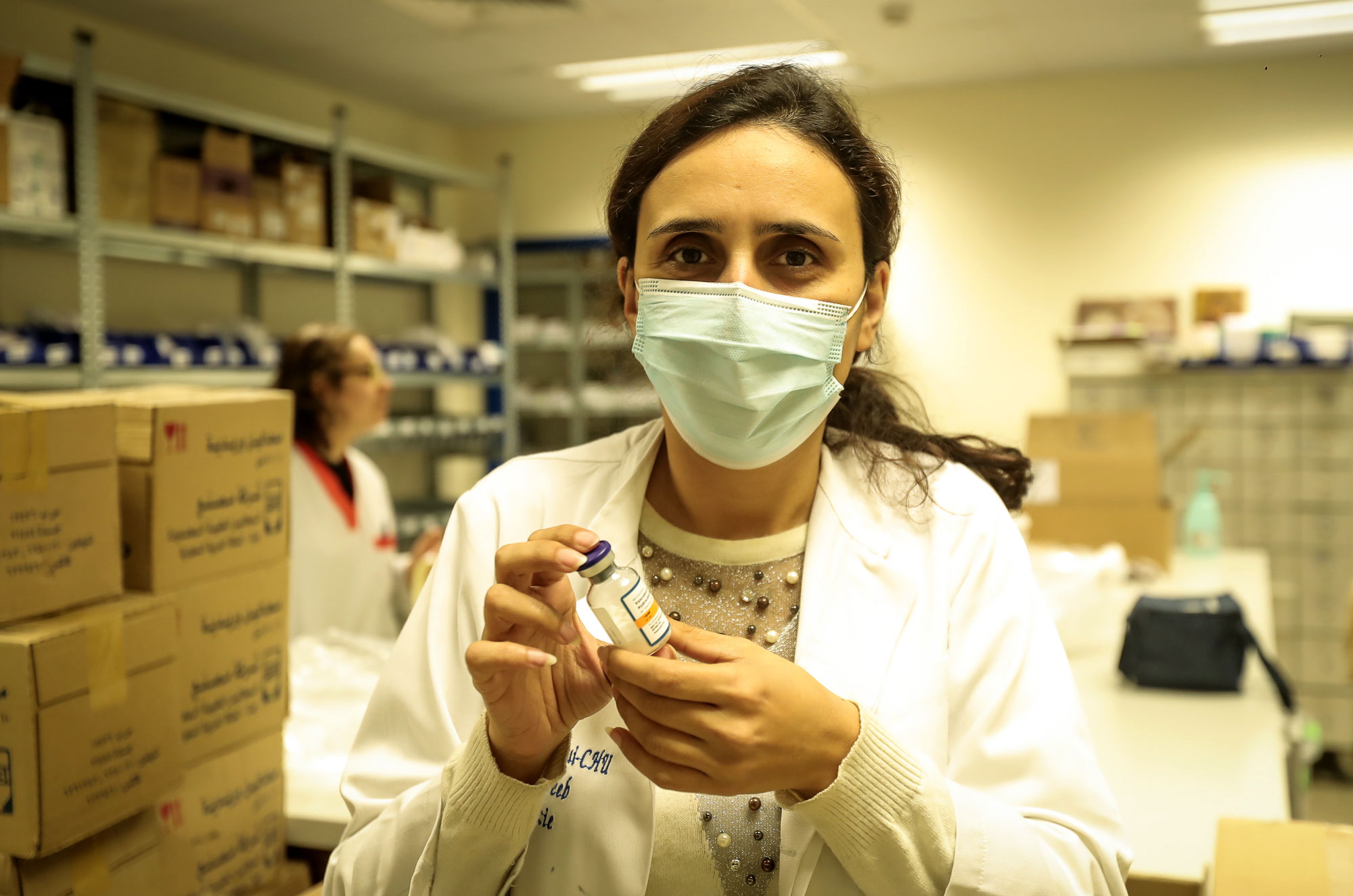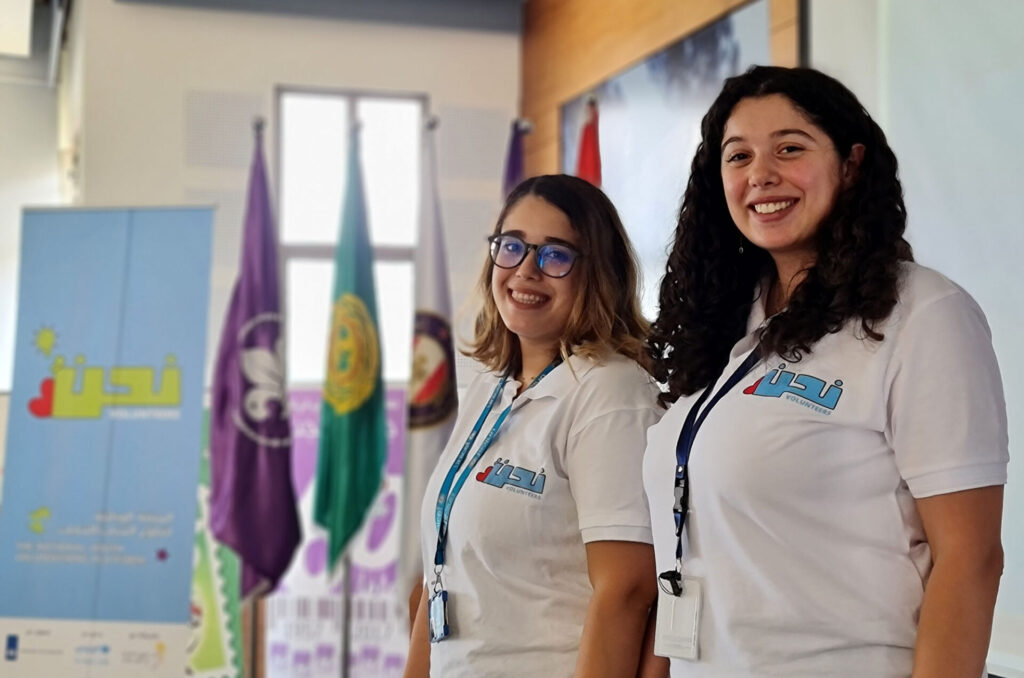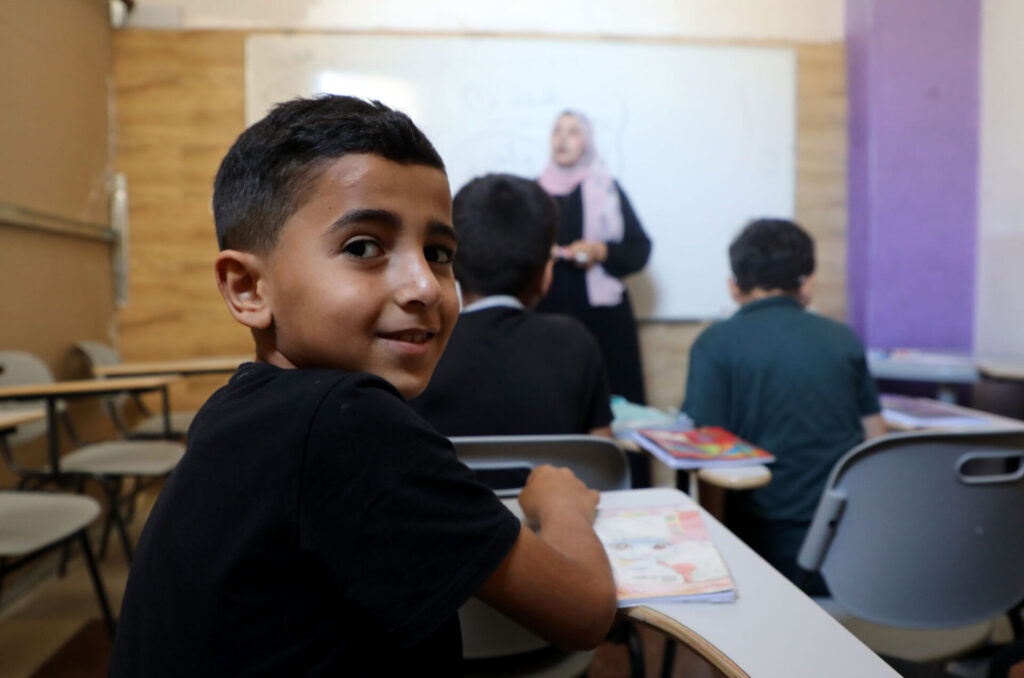Jun, 2021
International medical aid has become increasingly vital as shortages worsen
This last year has been catastrophic for Lebanon, as the population has been hit with one traumatic crisis after another.
Lebanon’s banking system has collapsed, leading to the local currency’s rapid devaluation since 2019. For three decades, the country maintained its currency value, pegging it to the US dollar at the rate of LPB 1,507. Now, an entire black market has emerged for currency exchange, where a dollar currently trades for LBP 15,000 — 10 times higher than the official rate.
Since the country relies on imports for nearly all of its basic necessities, food and medication included, the currency crisis has caused many fundamental goods services to collapse. Pharmacies are unable to stock medicines and medical treatments at hospitals are becoming unaffordable and unavailable.
Carole Dib, the chief pharmacist at Geitaoui Hospital, says,
“Some medicines are subsidized by the government, but sadly those are becoming unavailable because of delayed transfers from the Central Bank.”


Relying on international partners like International Health Partners (IHP), Anera has been supporting many hospitals and healthcare facilities in Lebanon by providing donated medical aid. IHP is a UK-based non-profit dedicated to providing medication and medical support to the most challenging places and vulnerable communities.
IHP’s most recent shipment contains 46,470 packs of an antibiotic called vancomycin.
Dr. Jamie Bejjani, Anera’s pharmacist, says,


“During my visit to Geitaoui Hospital, the pharmacist and I discussed the immense support that these donations from IHP provided to the hospital. During these bleak times, we count on external support since several medications are unavailable as the local suppliers are unable to import."
Anera has distributed the antibiotic to a number of centers, including the Psychiatric Hospital of the Cross, the Rafik Hariri University Hospital, Dar Al-Ajaza Al-Islamia Hospital, Hôtel-Dieu de France Hospital, the Rosary Sisters Hospital, the Beirut Governmental Hospital of Karantina, American University of Beirut Medical Center, and the Lebanese American University Medical Center Hospital.
Vancomycin is a broad-spectrum antibiotic, so it is used to cure severe infections since it can treat multiple types of bacteria. This antibiotic is an essential medication for many patients, and is often known as the drug of last resort for some treatments.
Bejjani says, “This medicine is not readily replaceable. Not having it would put patients at risk.”
Vancomycin is now being used to help treat COVID-19 patients for the treatment of co-infections. It is also used for dialysis patients after their treatment.
Anera recently delivered 16,000 packs of the medication to Geitaoui Hospital in Beirut. The hospital is admitting a new dialysis patient every day and each requires daily doses of vancomycin.
Juliette, 84, is a current patient at Geitaoui Hospital. She says,
“I’ve been undergoing dialysis treatment for a month or so. I take around three doses per week after each treatment. I am grateful for this medication and hope to God my health improves.”
Many patients cannot afford their dialysis treatments, nor their post-treatment daily medications, and so are wholly dependent on hospitals offering charitable care at no cost. Dialysis patients require large amounts of the medication.
Dib says,




